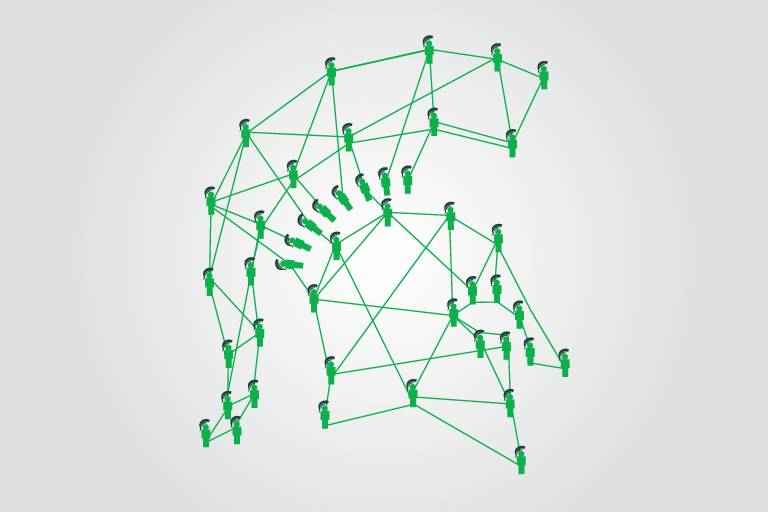A note to the community by Prabu David Dean, MSU College of Communication Arts and Sciences
Over the past weekend, I was reading about past pandemics and how humanity has responded to such events. Not surprisingly, we find a recurring theme of extreme sacrifice, heroism and selflessness by health care providers and others, which should give us optimism. At the same time, repeatedly we see the dark side of human nature, when self-preservation turns into extreme selfishness.
Then there is a thread of creative outbursts during difficult times. You have likely heard of the bubonic plague of 1665 and Newton’s accomplishments at this time. Forced into social distancing during this plague, a bright, young student named Isaac Newton left Trinity College, Cambridge and returned to his family home in the countryside.
Free of assignments and the demands of university life, Newton went on a creative binge. Using two prisms and a ray of light through a pinhole in a window shutter, he developed his theory of optics. Then by observing apples fall from a tree, he developed into his theory of gravity. He wasn't done, though. In his spare time that year, he also invented calculus.
The plague that sent Newton to the countryside was but one in a series that routinely ravaged London. In 1606, when the theaters were closed during an earlier plague, a young fellow named William Shakespeare used his down time to churn out three potboilers, King Lear, Macbeth and Anthony and Cleopatra.
You may think this ;note is to inspire you to follow the trail blazed by Newton and Shakespeare and to channel social distancing into a time of intense creative work and productivity. That is not my intent.
Though there may be some advantages to working alone without distractions and some brilliant breakthroughs may emerge from our social distancing, I am more concerned about social isolation and its impact on community.
Without community, we lose humanity. And without our collective commitment to humanity, our selfishness can outwit our selflessness. Unlike natural disasters or even wars, which require collective action and solidarity, pandemics are essentially fought in solitary confinement to promote self-preservation, which has the potential to stoke selfish human impulses.
So, my encouragement to you is to stay in touch. It is important to reach out to colleagues, family and friends and renew our commitment to relationships. Also, we cannot forget the vulnerable and less fortunate.
Courses, grades, research and careers are important, only to an extent. But your health, safety and well-being are more important. If you experience hardship during these trying times, be kind to yourself and seek out assistance immediately.
I know we will get through this. But only together.
